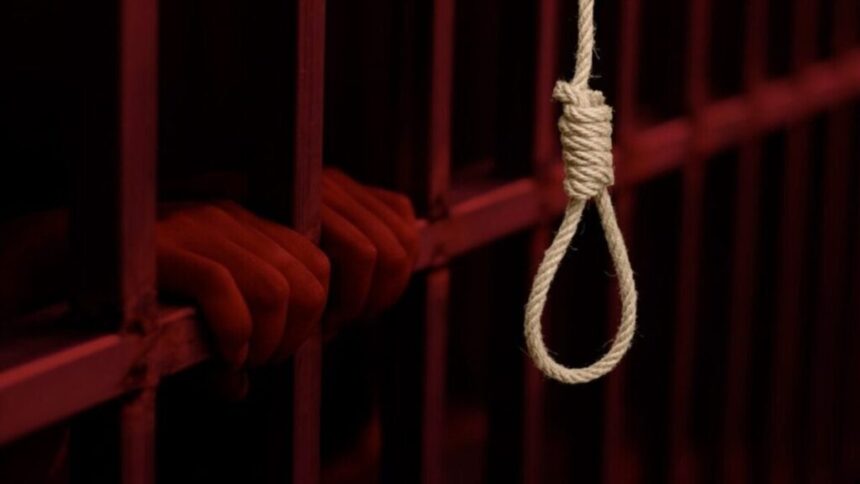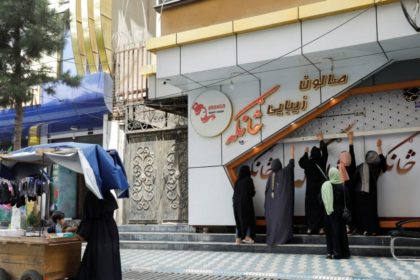RASC News Agency: October 10th marks the World Day Against the Death Penalty, a somber occasion for thousands languishing in Taliban prisons, uncertain of their fate. This international commemoration comes at a time when many are facing severe punishments under the Taliban’s brutal judicial system. The Taliban’s Directorate of Prison Management recently disclosed that over a thousand individuals are currently awaiting execution or retribution under their harsh legal code. The regime’s statement also highlighted that hundreds of inmates have been sentenced to corporal punishment, including amputations, lashings, and other medieval practices, as they await the final decisions from the courts.
Human rights organizations have further revealed grim statistics, showing that in under two years, Iran has executed 77 Afghanistani nationals. The Global Coalition Against the Death Penalty is intensifying its efforts to end these state-sanctioned executions, hoping to halt such violations of fundamental human rights. Afghanistan, under the Taliban’s rule, is now one of the countries where hundreds remain on death row, awaiting execution or retributive justice. Reports indicate that 28 Afghanistani citizens were executed in Iran in 2023, and a further 49 in 2024. Human rights activists have condemned these executions as a gross violation of international human rights standards.
Fazila Soroush, a prominent human rights activist, stated, “Afghanistani prisoners facing execution in Iran, if repatriated to Afghanistan, might have their sentences commuted to life imprisonment. Iran’s longstanding human rights abuses persist unchecked, showing no compassion either to its own citizens or to Afghanistani prisoners.” Currently, the death penalty remains legal and actively implemented in over 55 countries worldwide. The Global Coalition Against the Death Penalty continues to urge these nations to cease the use of this inhumane punishment and to adopt more humane approaches to justice.






